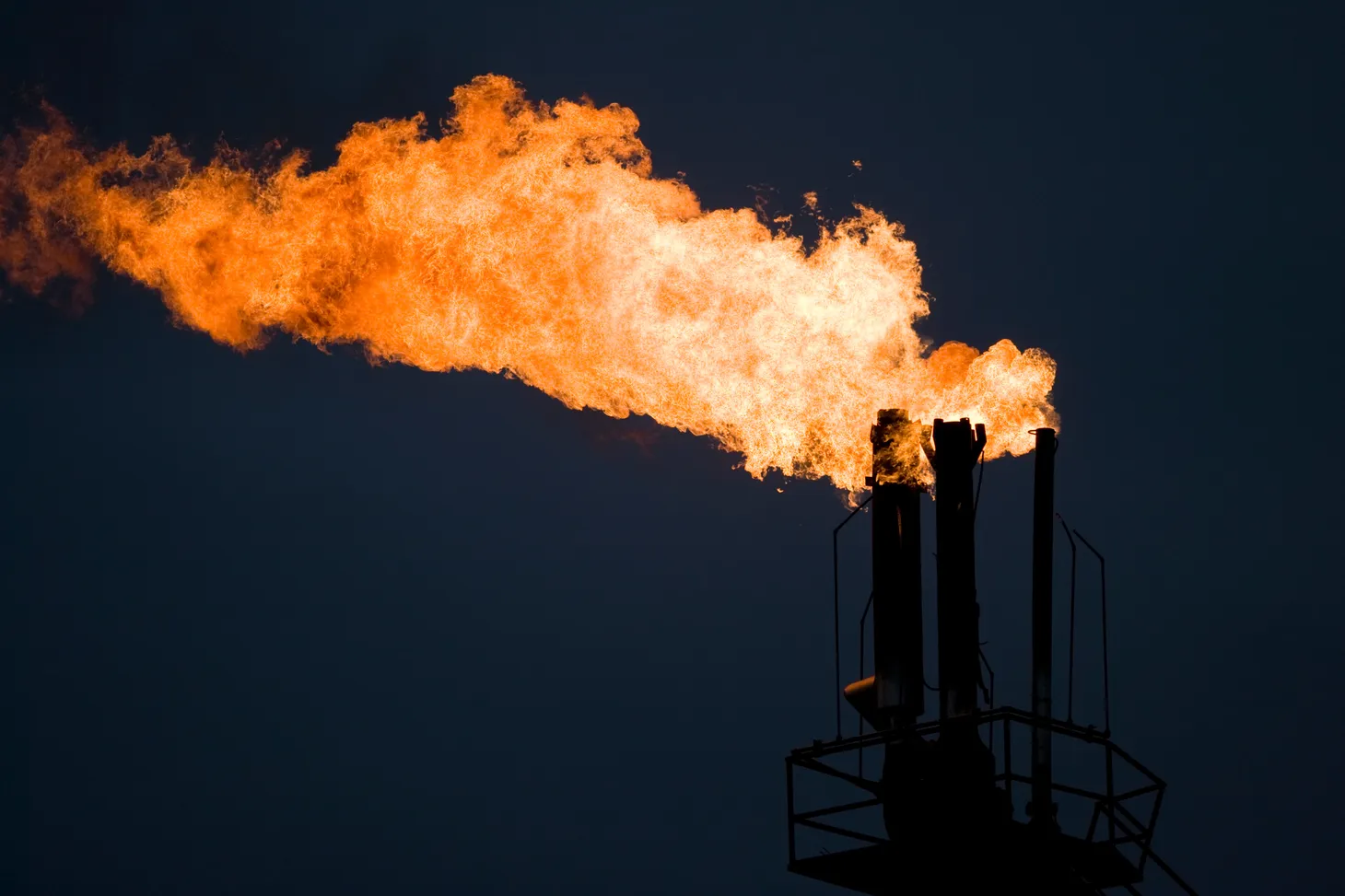Smartphone-driven covid-19 exposure notifications finally come to Alaska
It's like contact tracing with all the big-tech concerns about privacy and security.

Good evening, Alaska!
In this edition: Smartphone-based contact tracing finally comes to Alaska thanks to the University of Alaska Anchorage (the state of Alaska has zero involvement with it, which might be a plus depending on who you’re talking to). Let’s break it down along with the traditional big-tech concerns that the whole thing raises.
In the news (and at the bottom of this memo): Rodell says firing was ‘political retribution’ as Dunleavy maintains claim of ignorance
Days until the start of the legislative session: 6
Coming up soon: Let’s look at those pre-filed bills and have a talk about session expectations.
Smartphone-based contact tracing suddenly a thing in Alaska

If you’ve poked around your smartphone’s menus long enough, you’ve probably stumbled across an option for exposure notifications—a system to anonymously alert you and others to possible exposures to covid-19—only to find the service isn’t available in Alaska.
That changed this week thanks to action by the University of Alaska Anchorage in launching the Alaska COVID ENX system. The program launched on iOS on Jan. 11 and will be coming to Android devices starting Jan. 18, according to an announcement by the university. It is voluntary and available to anyone in Alaska.
“Help slow the spread of COVID-19 by opting into a new smartphone tool called Alaska COVID ENX. The free tool works to alert users about possible COVID-19 exposure without sharing any personal information,” explains an announcement on UAA’s Facebook page.
Once you opt into the system by either digging through your settings on iPhone (you’ll find it in the third group down between Emergency SOS and Battery) or by downloading the Alaska COVID ENX app on Android (coming Jan. 18), your phone will start anonymously logging close contacts with other phones using the service through your phone’s Bluetooth. The companies behind it—which would be Google, Apple and others—say it doesn’t log any personal information or location data, just that you came into close contact with another user. If someone then reports that they’ve since tested positive for covid-19, the people on that anonymously logged list will get a notification and information on what to do next.
The state has zero involvement with the program, Chief Medical Officer Dr. Anne Zink said in a weekly covid-19 update, which might be a positive given everything.
“It's a completely opt-in process, so it's something you can initiate on your phone and share if you're positive to notify others. The state isn't involved in this, there's no data sharing that we're doing. We're not sharing anyone's results or really involved in this at all," she said. "But this is a tool that we've been asked about quite a bit and wanted to make sure you know that UAA has been launching this and it's available to Alaskans across the state."
The underlying service was developed in a partnership between engineers from Google, Apple and other tech firms who saw smartphone technology could be used to combat the spread of the pandemic. It's essentially a smartphone-based approach to contact tracing—the process of notifying close contacts of possible exposure to covid-19. With the pandemic moving into its third year, the state is winding down its contact tracing program to focus resources in other areas.
Here's how it works:
But with big-tech comes big-tech concerns about privacy and security.
This content is for Paid Members
Unlock full access to The Alaska Memo and see the entire library of members-only content.
SubscribeAlready have an account? Log in



